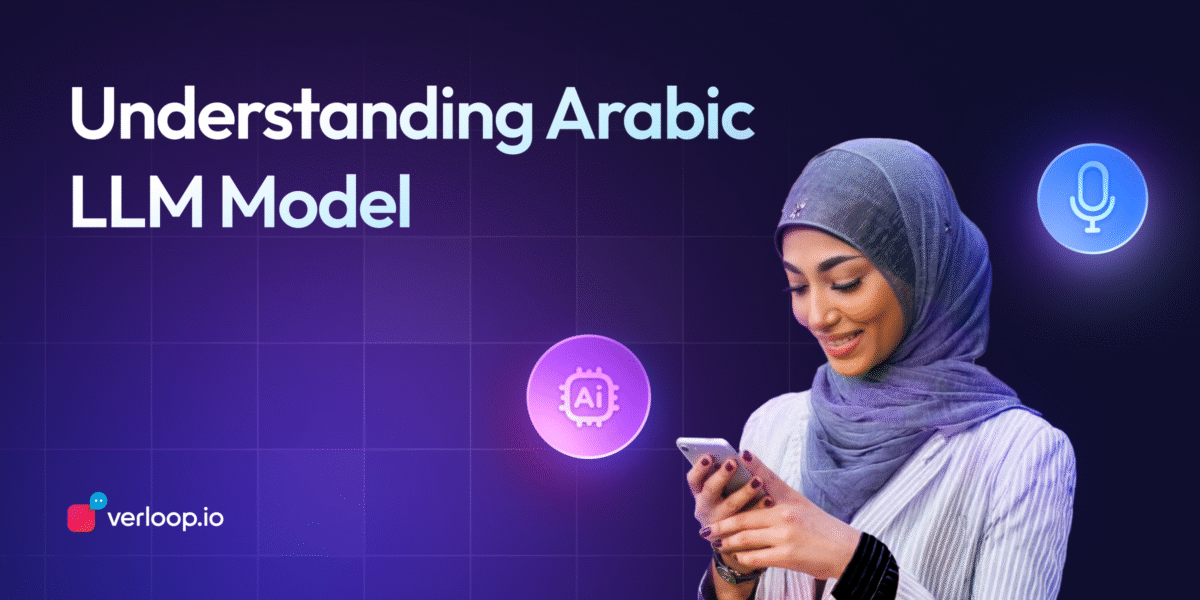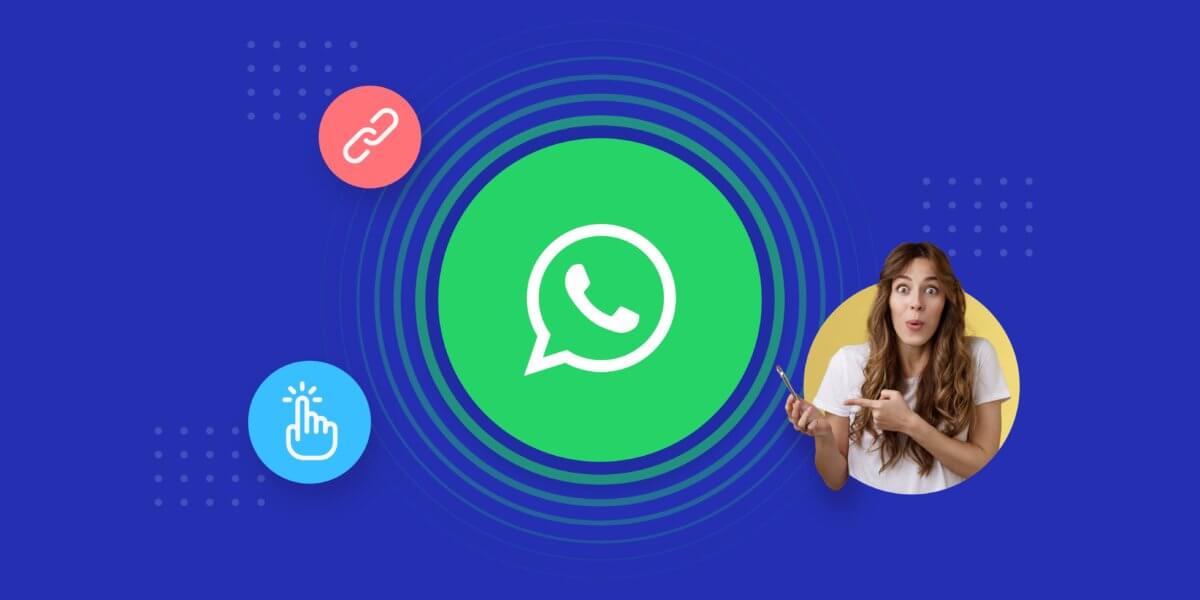Chatbots for WhatsApp: A Beginners Guide

Chatbots for WhatsApp: A Beginners Guide
WhatsApp has launched a suite of new product features over the past couple of quarters; from end-to-end encryption to the monetization of the platform. The feature that has created the most stir in the ecosystem, however, is the company’s bold step towards the future – WhatsApp Chatbots.

Chatbots for WhatsApp means that businesses, big and small, can now deploy virtual agents to what is undoubtedly the world’s largest messaging platform. This gives customers unprecedented ease of commerce – Imagine texting your friends about a house party tonight while ordering pizzas from Dominoes for it, all without leaving a single interface.
WhatsApp and its parent company Facebook are a bit late to the party. Conversational commerce is a proven model in developing countries like China and Korea. Several Asian companies have built massive centralized mobile commerce models. In China, small businesses proudly display WeChat and AliPay symbols at their Points-Of-Sale.
At Facebook’s F8 conference, the company looked to replicate and expand on the proven success of this model in international markets by pushing out chatbots for WhatsApp.
A beginners guide to building chatbots for WhatsApp
In this article, we’ll address four different questions.
- What are Chatbots, and Why should you build a Chatbot for WhatsApp?
- Where can I build Chatbots for WhatsApp?
- How do I build a Chatbot for Whatsapp?
Let’s start with the first question.
What are chatbots? Why should you build a chatbot?
Chatbots are a broad category of software that ranges from Google Home’s to automated text chats that you (usually) find at the bottom of websites across the internet. We’ll focus on the latter for now.
A WhatsApp bot scans a customer’s request, combines that request with any tertiary information given to them (such as past orders, location, etc) and then assigns the request an intent – which is defined as what the customer is trying to accomplish. Once identified, the chatbot responds with an appropriate script meant to solve the customers’ problem.
WhatsApp Chatbots are great at two customer interaction roles – lead generation and customer support automation. Like all successful automation efforts, customer service chatbots can reduce costs, but the improvements they make in customer experience are far more impactful.

At the e-commerce fashion store Nykaa, chatbots were able to automate over 1.6 million conversations, allowing 99.7% of all conversations to be tended to in 30 seconds. Just as emails made for faster response rates and better query closure rates than postcards, a well-designed chatbot can boost customer satisfaction beyond existing systems.
Medical TPA provider MediBuddy moved from a 250+ customer support team to just 20 service representatives – and their customers rated their satisfaction (over 85%) after chats on par with responses from human agents in just two months of using WhatsApp chatbot.
WhatsApp Chatbots are most effective in time-sensitive customer interactions, like conflict-resolution and lead qualification. When customers visit a website looking to make a purchase, time is of the essence. Queries during this period of purchase consideration must be resolved in a manner that is both easy and timely.
Health Insurance provider Apollo Munich saw an increase of 900% in the number of policies sold post implementing a medical chatbot on their website. They achieved this by training the bot to respond to last-minute sales queries their customers had; information that allowed customers to make better purchase decisions.
Where can I build a chatbot for WhatsApp?
Well, on WhatsApp, surely?
Unfortunately not. WhatsApp’s Business API’s are not open to the public. And unless you’re a large multinational firm or an enterprise-scale company, they’re not likely to give you access.
Nevertheless, you can apply for the beta program here. Ideal companies are large to enterprise businesses, selected on a one-by-one basis. You can select your preference as an end client or a solutions provider. The application also requires your company name, website URL and the name and information for the company representative. WhatsApp also requires that the WhatsApp Business API Client to be hosted using a database so that its end-to-end encryption is maintained.
As WhatsApp rolls out its plan to monetize the platform, it’s treading carefully so as to not irk its existing customer base. WhatsApp is doing this by preventing any potential for abuse by allowing only a handful of verified companies and vendors onto their platform.

To realistically build a Chatbot for WhatsApp, you’ll have to use a third-party service that already has API access. This way, they can help you navigate the legal and compliance requirements.
There are various companies where you can build a chatbot for WhatsApp – Hubtype, YaloChat and Twilio. These third-party companies have applications open right now – simply apply and enter a waitlist for approval.
If you need a quicker solution, consider using Verloop.io. Unlike other companies, Verloop.io allows you to seamlessly create and automate chatbots for WhatsApp from a single platform. This means that you can develop, build and deploy your own WhatsApp Chatbot in a fraction of the time that you could with other third-party services.
Verloop.io is one of the only companies that provide businesses with deep integration. A bot that you build on WhatsApp can be replicated across multiple customer touchpoint channels like a website, app and Facebook page – all from a single platform.
How do I build a chatbot for WhatsApp?
If you’re interested in building a Chatbot for WhatsApp, you follow the following steps.
Say, “Hello!”
The first step to build a WhatsApp chatbot is to reach out to a company that can help you. To reach out to Verloop.io, simply hit the chat icon at the bottom right of the screen.
Other companies have long forms you have to fill out, you can find an example of one here.
Tell me about yourself.
A big determinant of the ease of acquiring WhatsApp’s API’s is whether your business has a WhatsApp Business License. Lots of providers only service companies that have an existing license.
Verloop.io is a one-stop solutions platform. We have partners that will get your Business Account rolling.
During the application process, businesses are asked several questions to determine API qualification. Applications for certain sectors are restricted – like porn, government entities, and healthcare.
Industry-wide – the questions are largely standard.
Name Company Name Company URL Country Location Email ID Use Case*
* Use case can be segmented into Customer Service, Marketing and Sales.
We’ll do the heavy lifting
After this, simply sit back and let us do all the difficult work. Once your application has been processed, the real work begins. Businesses using WhatsApp’s API’s follow strict guidelines. These cover everything from the content used by the bot to the use-case in question.
Failure to comply leads to a ban from the platform.
Verloop guides you through possible use-cases, WhatsApp Opt-In links, compliance, and provides, proofreads and develops acceptable WhatsApp templates for your business. This way, we ensure that you not only have WhatsApp API’s but also that you continue to keep them.
Congratulations – you have a chatbot for WhatsApp!
Now that you’ve built the skeleton for your WhatsApp bots, it’s time to add the muscle and brains.
The features that you receive while building your Chatbot for WhatsApp depend on your provider. Verloop.io is an all-in-one solutions stack for developing the best chat bot for WhatsApp. From integrating your CRM to include WhatsApp queries, encrypting and decrypting messages and providing a single dashboard for all your customer touchpoints.






